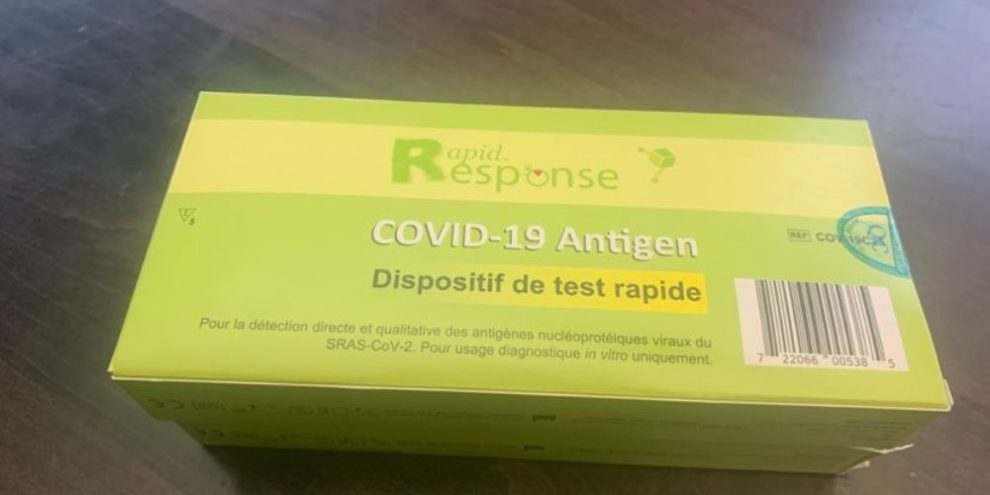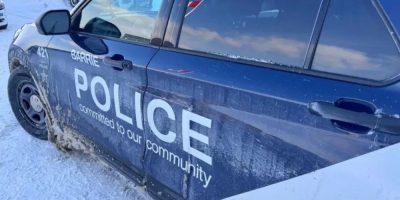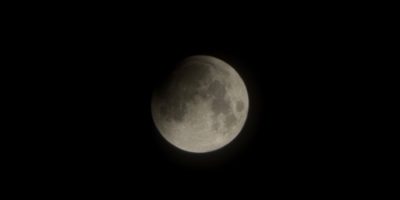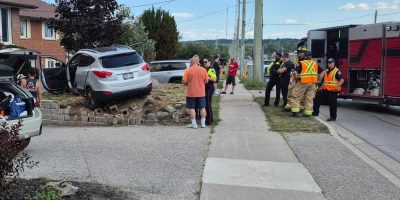
COVID-19 refused to take a holiday this summer.
"This summer, COVID dominated in terms of the coughs and colds that we're seeing in the population," according to Dr. Colin Lee, associate medical officer of health with the Simcoe Muskoka District Health Unit (SMDHU). "Over the summer, the per cent positivity of people taking COVID tests was 13 per cent, and that's about double of what last summer was like."
"It was double its nearest competitor which is the common cold."
Respiratory viruses most often strut their stuff in the winter when lots of people are indoors, and this among other things makes COVID a different beast.
"It's ability for the virus to mutate enough so that after a couple of months of either having the COVID immunization or having a COVID infection, it's able to escape the immunity that we have, and then it's circulating enough that even though we're not indoors as much as winter, it's able to find the next person to pass it on to," explains Lee.
The summer wave of COVID has washed across North America.
"We're seeing more infections and more hospitalizations than last summer. Thankfully, not as much as the winter, but still a very important infection for those who are most vulnerable to it."
Barrie's News Delivered To Your Inbox
By submitting this form, you are consenting to receive marketing emails from: Central Ontario Broadcasting, 431 Huronia Rd, Barrie, Ontario, CA, https://www.cobroadcasting.com. You can revoke your consent to receive emails at any time by using the SafeUnsubscribe® link, found at the bottom of every email. Emails are serviced by Constant Contact
Lee was asked whether people who do feel under the weather should take a rapid antigen test.
"For those who are most vulnerable, who have medical conditions and are over the age of 60 or 65, they may benefit from COVID-specific antiviral medication, which has to be taken within five days of the start of infection. They really should be looking to get tested."
Rapid antigen tests are available at some pharmacies as well as medical clinics or from a person's family doctor.
"I think if you get a cold, you kind of have to assume that there's a good chance it might be COVID and take precautions," Lee explains. "That means like any other infection, stay home until you're feeling better, and then for the next 10 days from the time you got symptoms, stay away from people who are more vulnerable to COVID, and if you have to be around them, then wear a mask."
He says an updated COVID vaccine that is close to matching the strain which is circulating now is expected in early fall. As well, a person should not fret if their COVID vaccinations are not up-to-date.
"In terms of whether you've had one shot, two shots or the booster, it really doesn't matter anymore."
For most people, Lee says a COVID jab will be once every year at this time, and for those who are more vulnerable, it will likely be another one after the fall in the spring of the following year.
Lee acknowledges there is COVID fatigue, even in his household.
"There's fatigue because it's been so many years and we just honestly want it to go away. Unfortunately, it isn't going away, and it isn't becoming seasonal."





